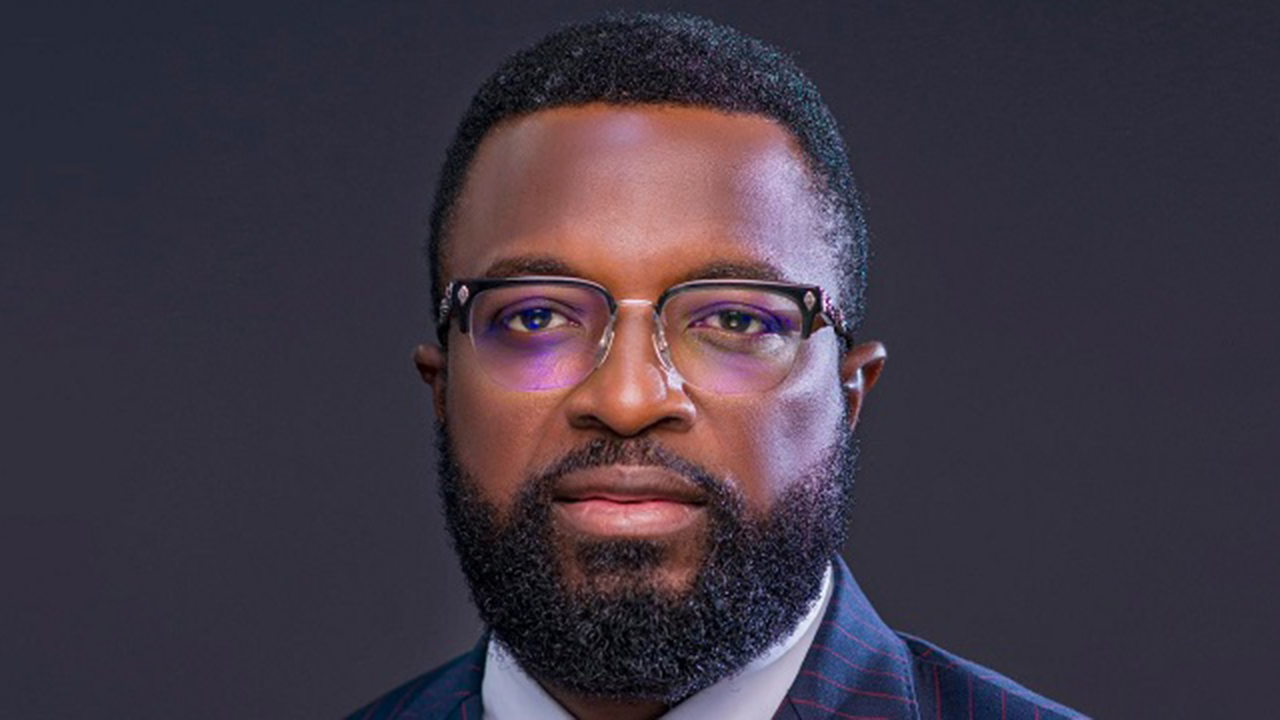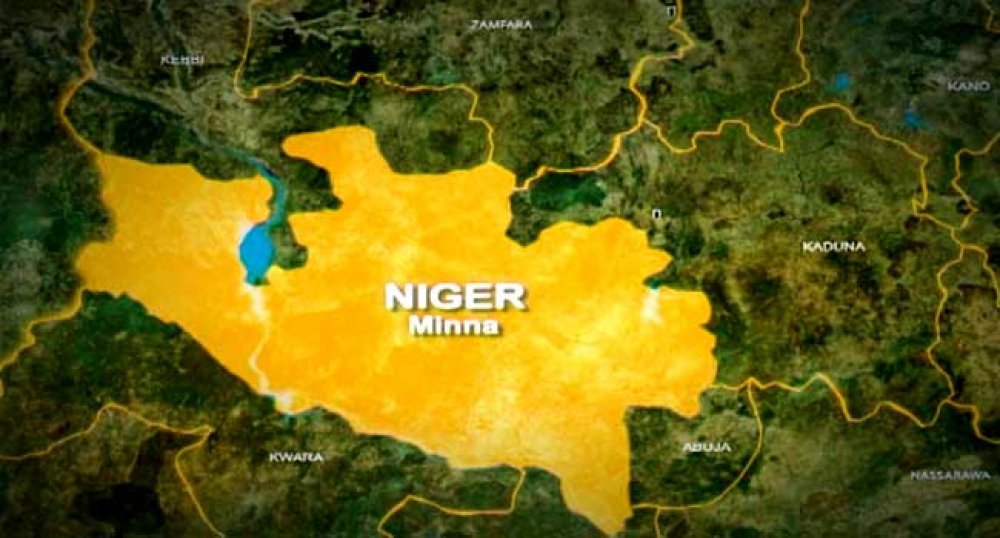The Presiding Bishop of Living Faith Church Worldwide, David Oyedepo, has renewed concerns about Nigeria’s security climate, urging Christians to engage in coordinated midnight prayers following recent attacks on churches in which worshippers were killed and others abducted.
Speaking during the 4th Pre-Shiloh Encounter Service on Sunday, Oyedepo said incidents recorded in the past two weeks underscored the need for what he described as an immediate spiritual response. He said: “Developments in the past two weeks, particularly in Nigeria, are worrisome to say the least. The need for a prompt response in prayers to stop the killings once and for all. You can’t trade people’s lives for your comfort. All the innocent blood shared is speaking vengeance… all the perpetrators will pay with their lives.”
Oyedepo, who referenced earlier warnings he said he had issued over the past 15 years, stressed his attachment to the country. “No one is more Nigerian than myself. We all have our ancestral grounds. We all know power passes power, no power passes the power of God,” he said.
The cleric directed members of the church to hold a one-hour prayer between midnight and 1 a.m., saying the exercise was intended to confront those responsible for the attacks. “We are going out on a midnight raid (prayers). Every member of this church should be awake one hour before violence descends to anarchy in Nigeria… you mean a church was invaded during worship, and people were killed and abducted and nothing happened? The God of justice is rising,” he said.
He linked the call for prayers to biblical teachings, adding: “When God steps in, the pride of men is cut. Every arrogance will be cut down. Nigeria will never descend into chaos. I want them to hear these hard things because they are coming from the burning spirit of a prophet.”
Citing Psalm 85:8, he said: “I’ve been shouting this for 15 years; he (God) has prompted me to speak again.”
Oyedepo condemned the wave of killings, kidnappings and other violent attacks, stating that the church would “be calling for justice against those responsible.” He encouraged members to anoint their homes and to join the midnight prayer session, adding: “Every attack against the church shall be met with divine justice. Don’t politicise human life; it’s immoral. Let’s join our hands and our hearts together and pray that prayer, one hour only 12am-1am.
Timeline of attacks
Between 2009 and 2025, schools across northern Nigeria were repeatedly targeted in violent attacks, largely attributed to Boko Haram insurgents. The first documented attack occurred on 29 July 2009 in Maiduguri, Borno State, when four buildings at Success International Private School, including two blocks of three classrooms each, were set ablaze by suspected insurgents. The following year, on 14 September 2010, Yerwa Primary School in the same city suffered a similar fate, with 36 classrooms and offices destroyed. Witnesses later recalled that some attackers were former and current students of the school.
In 2012, attacks intensified. In February, primary schools in Maiduguri—including Bundum and Abba Ganaram—were burned overnight, alongside Kulagumna Primary School. Later that month, a coordinated bombing destroyed Gomari Costain Primary School and three others. By April, Government Senior Secondary School in Daura, Yobe State, was raided; computers, generators, and buses were stolen before two classroom blocks and the principal’s office were torched. The violence spread beyond Borno and Yobe, with schools in Gombe State and the old campus of Success International School in Maiduguri also targeted. Throughout 2012, schools in Damaturu, Damagun, and Goniri were attacked, leaving classrooms, administrative buildings, and police outposts destroyed.
In 2013, schools in Maiduguri, including Mafoni Day Secondary School, Yelwa Central School, Shehu Sanda Kyari Secondary School, and Ali-Alaskiri Primary School, were attacked, leaving teachers and students dead or injured. Biu, Borno State, saw multiple schools destroyed amid gun battles between soldiers and suspected insurgents. Students were killed while taking exams in Maiduguri, Gamboru, and Mamudo, while a large-scale attack at the College of Agriculture in Gujba claimed the lives of at least 50 students.
By 2014, the attacks had become notorious for their scale and brutality. In Gwoza and Konduga, Borno State, and Buni Yadi, Yobe State, hundreds of students were killed, buildings were burned, and dozens of female students were abducted. The abduction of over 200 girls from Chibok Senior Secondary School in April 2014 brought international attention. Suicide bombings and shootings continued across Kano, Potiskum, Mubi, and other towns, targeting students and staff in assemblies, classrooms, and universities.
In 2015, attacks and school-based insurgent activities continued. Boko Haram occupied Zanna Mobarti Primary School in Damasak, Borno State, detaining over 300 pupils and 200 women and children until security forces from Chad and Niger intervened. A suicide bomber struck the College of Administrative and Business Studies in Potiskum, Yobe State, and the Nigerian Army discovered a bomb-making laboratory at the abandoned Dikwa College of Education.
The threat to students shifted from mass attacks to widespread kidnappings in the late 2010s and early 2020s. In December 2020, a criminal gang abducted 344 boys from a boarding school in Kankara, Katsina State, coinciding with then-President Muhammadu Buhari’s visit to his home state. The pupils were released a few days later. Auwalun Daudawa, the bandit leader behind the raid, later surrendered in an amnesty deal before being killed in subsequent fighting.
In February 2021, gunmen raided the Government Girls Science Secondary School in Jangebe, Zamfara State, abducting 279 female students under 18. The girls were reportedly forced to walk for miles to the bandits’ forest hideout before being released after negotiations. Later that year, Bethel Baptist High School in Kaduna State was attacked, with around 120 pupils kidnapped while asleep in dormitories; some were released immediately, others in batches over several months. By this time, roughly 1,000 schoolchildren had been kidnapped across Nigeria since the start of 2021, often released after ransom payments. One envoy delivering ransom for the Bethel children was himself kidnapped.
In March 2022, one of the most high-profile kidnappings occurred when gunmen attacked a train travelling from Abuja to Kaduna. Using explosives to destroy tracks and opening fire, they seized dozens of passengers and killed eight. The last hostages were released months later, and the attack raised suspicions that the kidnappers collaborated with Islamist militants. A similar train attack in southern Nigeria in 2023 resulted in the abduction of about 30 people, later rescued by security forces.
In March 2024 at Kuriga High School, Kaduna, when gunmen dressed in military uniforms rode motorbikes onto the campus and abducted over 100 students. Initial reports suggested 280 pupils were taken, though the military later confirmed the rescue of 137






